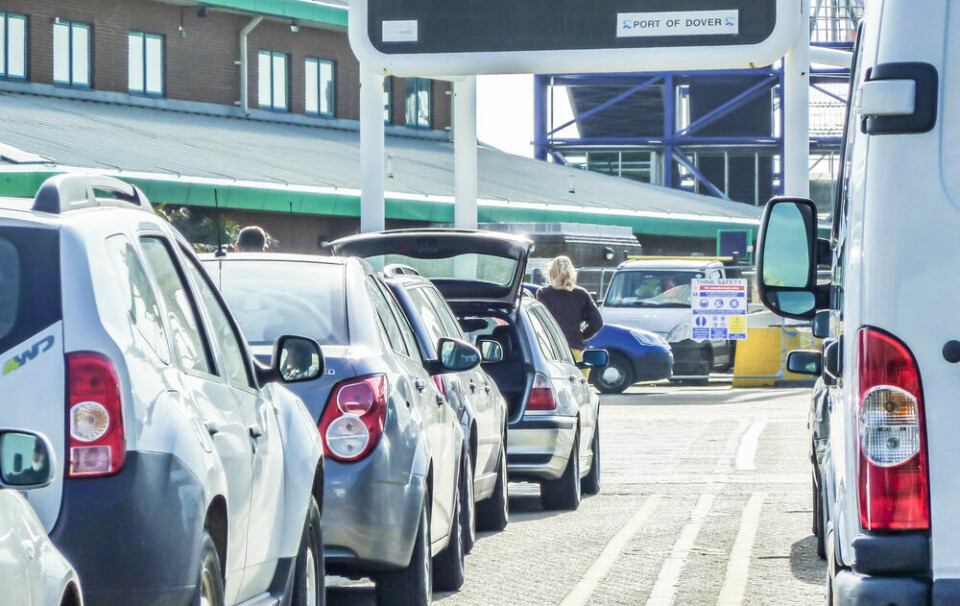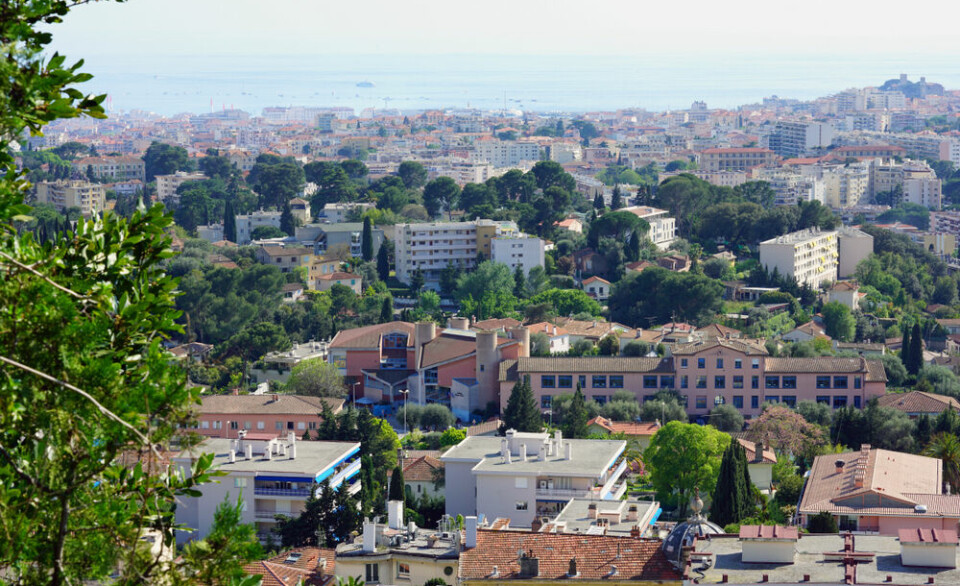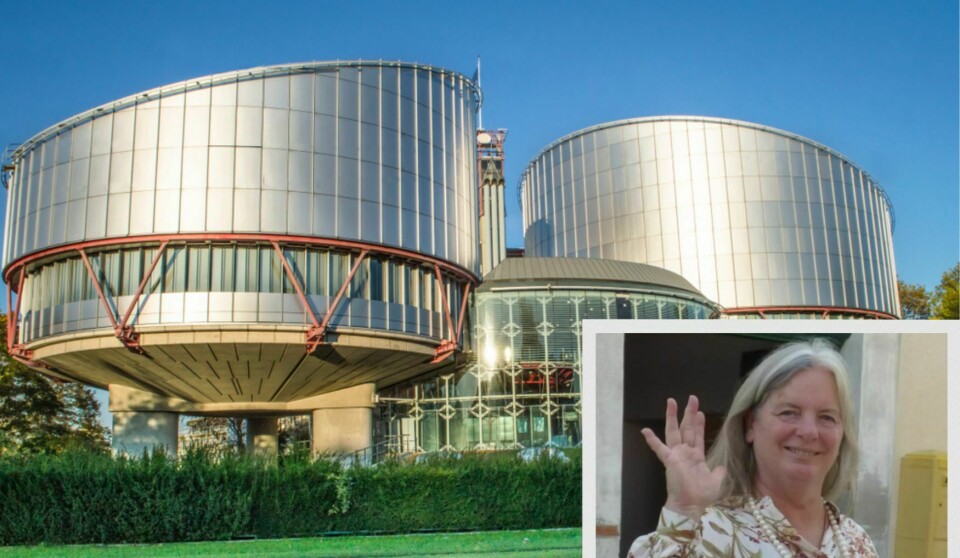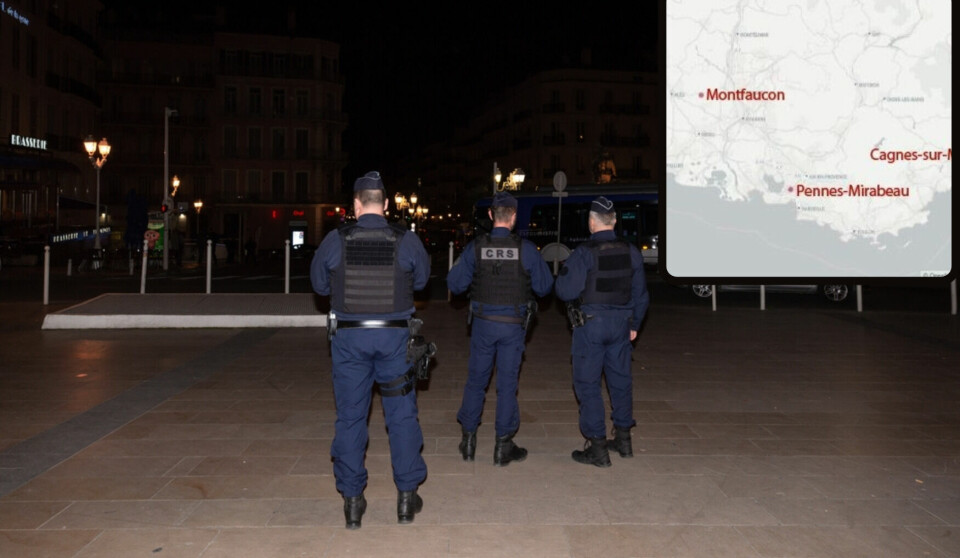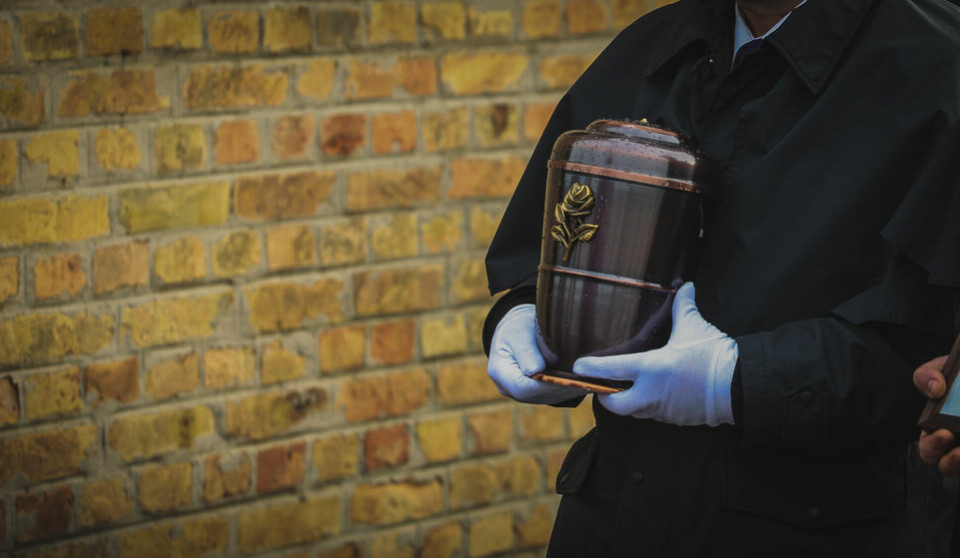-
British retiree in France takes Brexit case to human rights court
Alice Bouilliez and her lawyers will appeal to the European Court of Human Rights after a recent EU court setback
-
UK rejects EU’s youth mobility offer citing ‘free movement’ concerns
Westminster has declined a proposal to make it easier for young Britons to study and work in the EU or vice versa
-
EU proposes talks with UK for easy work and study for under-30s
Labour says this looks too much like a return to pre-Brexit free movement and it has ‘no plans’ to negotiate such a deal. The UK government does not want an EU-wide scheme.
The great Brexit delusion
Supporters of Brexit almost got away with a magic trick. They nearly convinced everyone they live in the real world.
They were – they told us – courageous, hard-headed pragmatists who would stand up to Brussels bureaucrats and make the UK a better country. All we had to do was leave them to it and not ask questions. Last month’s general election exposed the whole charade for what it is.
They will never admit it, but Brexiteers are not realists. They are ideologues of the worse kind, for whom the object was always to win at any cost, except the price of a legitimate divorce bill. They haven’t yet managed to tell us how anyone will be any better off after Brexit – even in the vaguest, most speculative terms.
You can always tell an ideologue because premise and conclusion are (illogically) the same: in this case, “all things bad come from the EU”. Any argument, whether true or not, can be used in support of the ideology and no claim is too ludicrous to print on the side of a bus.
But credo politics has several drawbacks. The ideologist is better at opposing that which he doesn’t like than offering a viable alternative. The end justifies any means, and any causalities incurred along the way. It could only be a matter of time before voters realised that they’d been had.
Someone now has to sort out Britain’s future relationship to the EU without slavishly following an ideology that asserts ‘Brexit means the most extreme, self-punishing divorce you can imagine - and you should be grateful for it’.
We should start by giving this phase of morning-after regretful politics a name: how about Farrago (we shouldn’t forget who instigated the referendum) or perhaps, more appropriately, we should name it in honour of the Prime Minister who let the ideologists out of their cage to try to settle an argument in his own party, Eton Mess?







